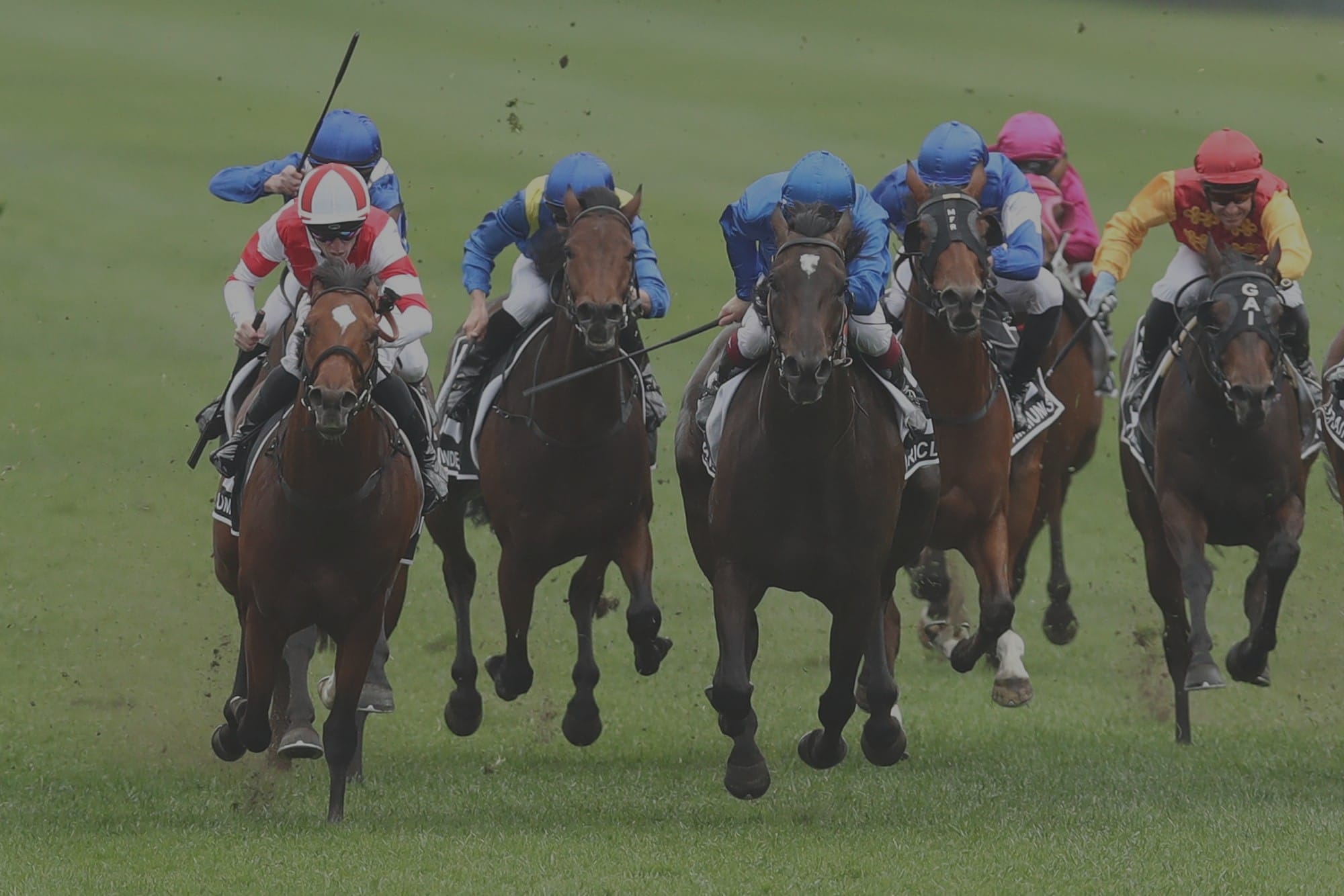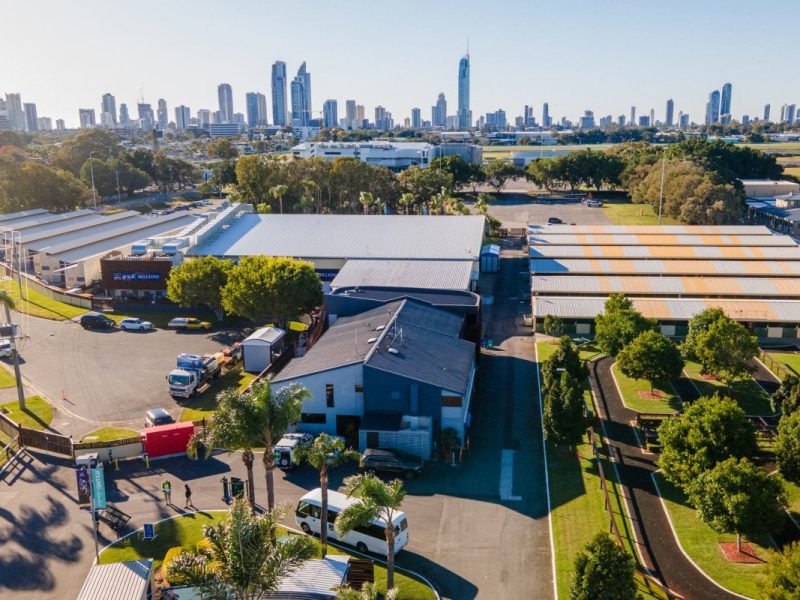‘Pressure is privilege’ – Track managers urged to embrace the spotlight
A delegation of Australian racecourse managers has been told they should embrace the challenge of track preparation in an era when their job is scrutinised like never before.
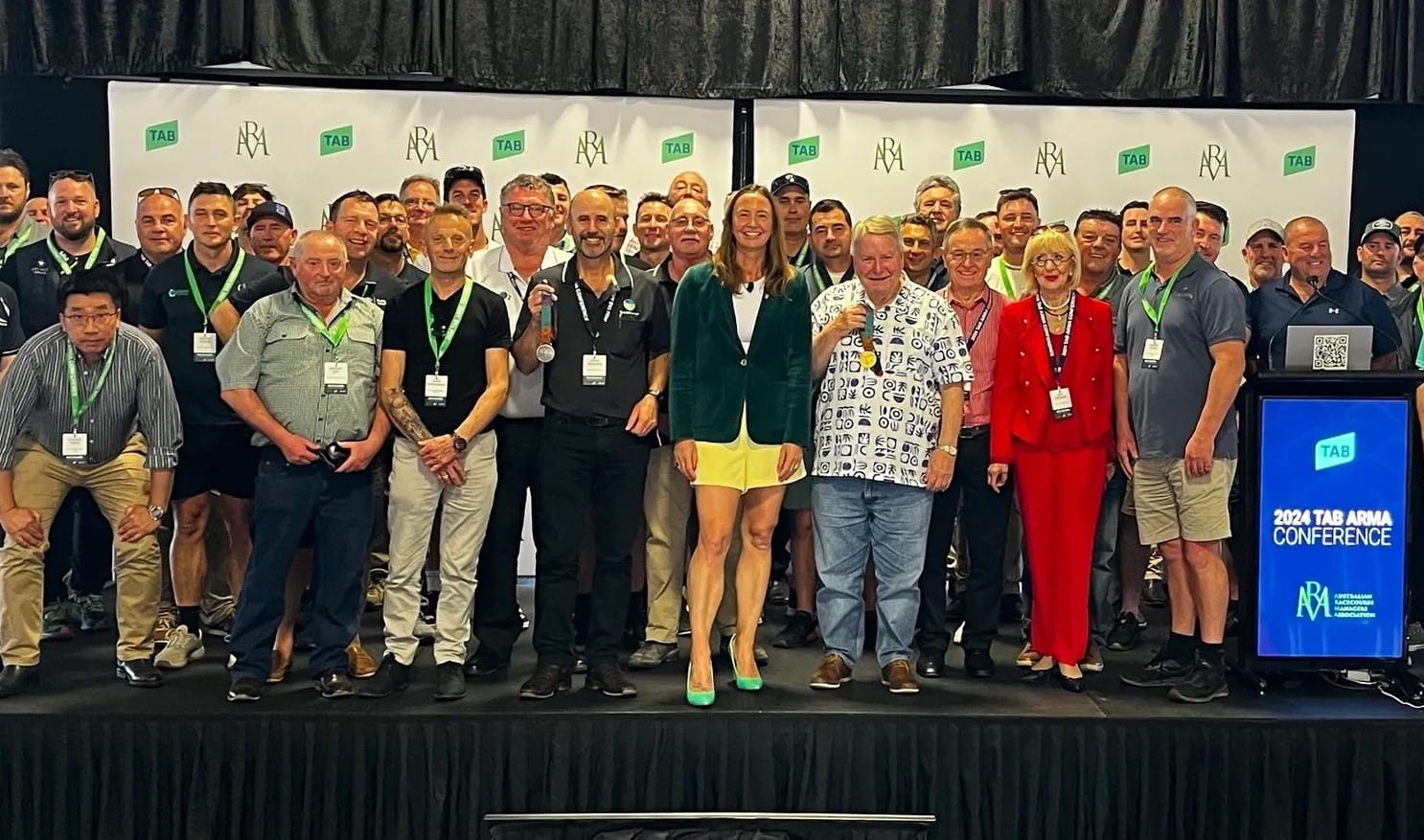
“Pressure is a privilege,” Brooke Hanson, an Olympic swimming gold medallist, told the annual Australian Racecourse Managers Association conference this month.
Olympic competition may seem a world away from the Australian turf, but both athletes and track managers can live under an intense spotlight.
And the spotlight on racetrack management has increased in the past decade.
Ongoing issues with significant courses such as Eagle Farm and, more recently Gold Coast, can drain the industry’s bottom line.
Raceday abandonments such as the one at Bordertown in South Australia this week simply aren’t good for business and led to a public apology from Racing SA.
“We related to it because we’ve got a challenging job and you can get down at times,” Flemington’s senior track manager Liam O’Keeffe told The Straight.
“It might be through what you’re doing, it might be through the weather or social media.
Hanson’s story about her elongated journey to sport’s summit and the sacrifices and adversity that came with it provided an uplifting moment for a sector of the racing industry that has sometimes struggled to meet the demands for information and the racing industry’s expectations.
Hanson recalled how an Olympic debut came in the twilight of her career after many years of trying to qualify for the Australian swimming team.
She immediately found herself in a leadership role at the 2004 Athens Games, taking responsibility for keeping her younger teammates positive amid a “smack-talking” barrage from their American rivals.
Recalling how her fellow members of the 4 x 100m women’s medley relay team dealt with that “outside noise” before winning gold somehow resonated with an audience more used to watching grass grow than maintaining chlorine levels in swimming pools.
“It is quite a challenge for racecourse managers now because it’s easy to jump on social media and bag tracks. It’s just a different job now,” O’Keeffe said.
The VRC track manager has just given Flemington a minor renovation to have Melbourne’s racing headquarters pristine ahead of the 2024 spring carnival.
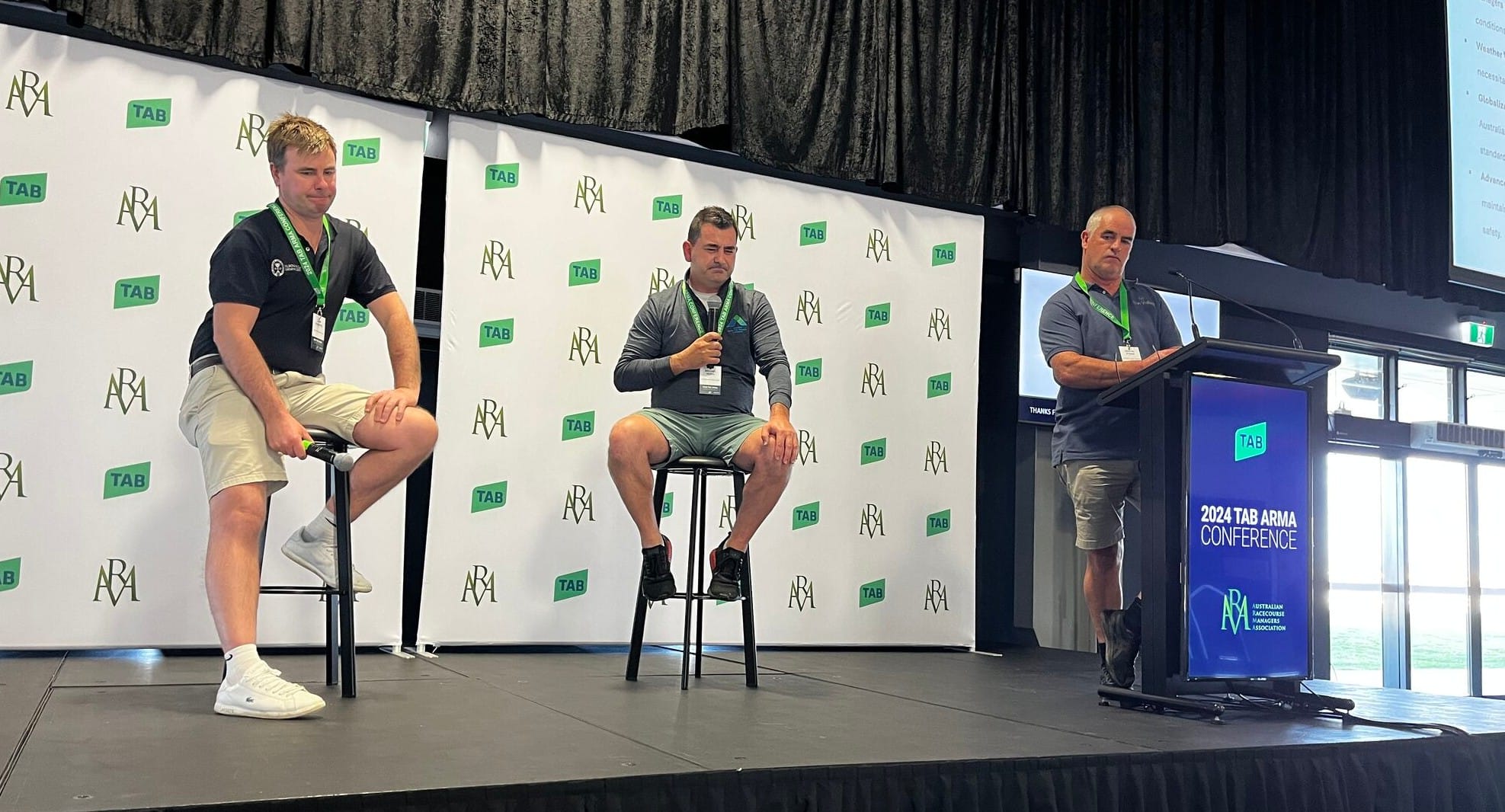
The eyes of racing fans worldwide will focus on the famous racecourse during the Melbourne Cup carnival, and O’Keeffe will go about his role, using Hanson’s words to provide motivation.
“No one will forget that closing line that ‘pressure is a privilege’ and that was really interesting to hear because we do feel pressure a lot,” he said.
“But it also means you’ve got an important job and you care about it and you feel pressure.
“At the same time it’s a great job which we all really enjoy.
“It was just great to hear a story of someone who never let anyone tell her ‘no’ … it was very inspirational and I’m sure everyone in the room took something from it.”
The three-day conference attracted more than 200 delegates, including representatives from New Zealand and the Hong Kong Jockey Club.
More than 60 Australian race clubs and principal racing authorities sent representations to the Gold Coast Turf Club-hosted conference that attracted record sponsors.
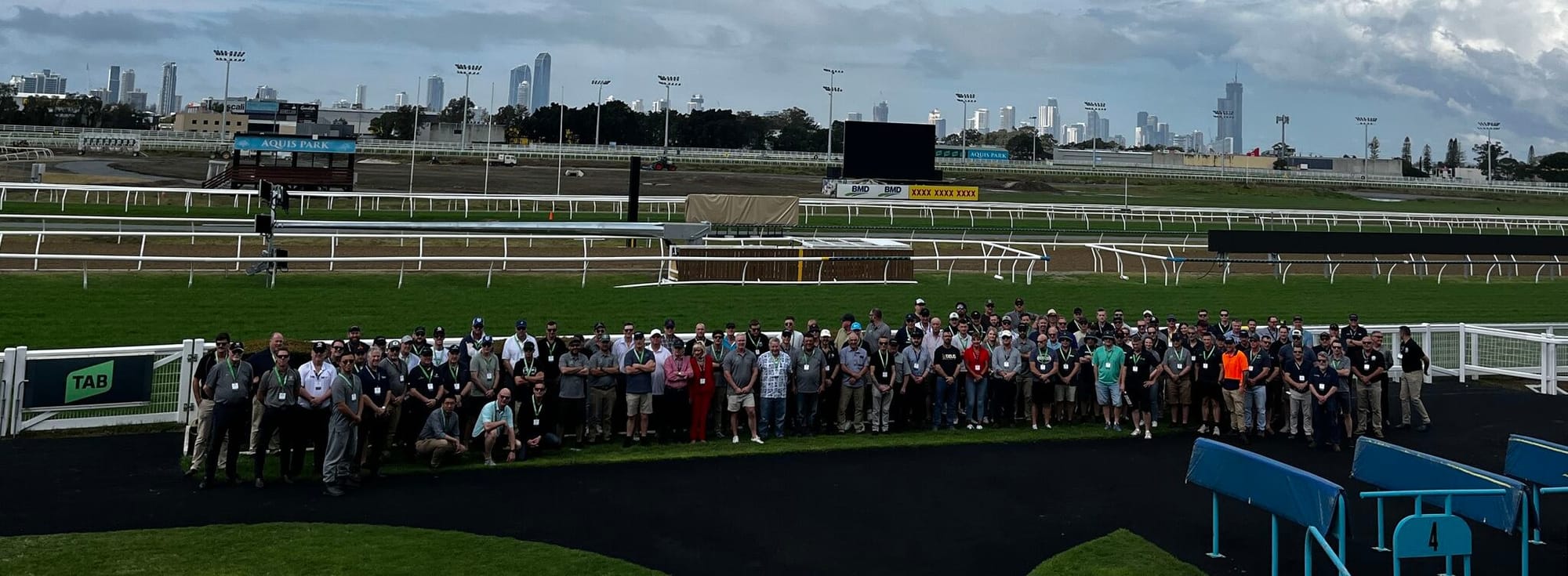
Mental health and insights into how data and technology are changing the management of racecourses were just some of the topics covered.
Re-elected ARMA chairman Lindsay Murphy advocates the approach of mining as much information as possible and making it available to everyone in the industry.
“In this day and age, we’re never going to give less information. We can only give more and more,” he said.
O’Keeffe and his team are only too happy to oblige.
“In this day and age, we’re never going to give less information. We can only give more and more,” – Liam O’Keeffe
Flemington has been at the forefront of data analysis to the point where wind speed and direction form an integral part of raceday intelligence that is readily available.
“Probably the big thing at the moment people like to talk about is wind so we’ve put in wind trackers for measurements,” O’Keeffe said.
“People can use it or not use it but then they probably want to know well ‘what’s that wind mean?’ So, now we’re going down the path of actually measuring if the wind is from the south at this speed and how does that affect track patterns?
“We’re starting to gather all that data now so that we can put that on our website.
“I guess it can vary a little bit to the average punter – they don’t tend to want to delve into that too much because they haven’t got time but the professional punters certainly want plenty of information and we’re happy to give it.”
Tabcorp’s general manager of trading David Beirne gave an in-depth analysis of how betting trends unfolded on different track ratings and rail placements.
The wagering firm’s numbers supported anecdotal evidence that turnover is strongest when tracks are presented in the good range and there is a marginal decrease as that rating declines.
“The other interesting thing was that rail positions don’t affect the wagering out to six metres,” O’Keeffe said.
“But once you go beyond six metres there is a decline in wagering – not huge but just a little – and then once you go to 15 metres it drops right off.”
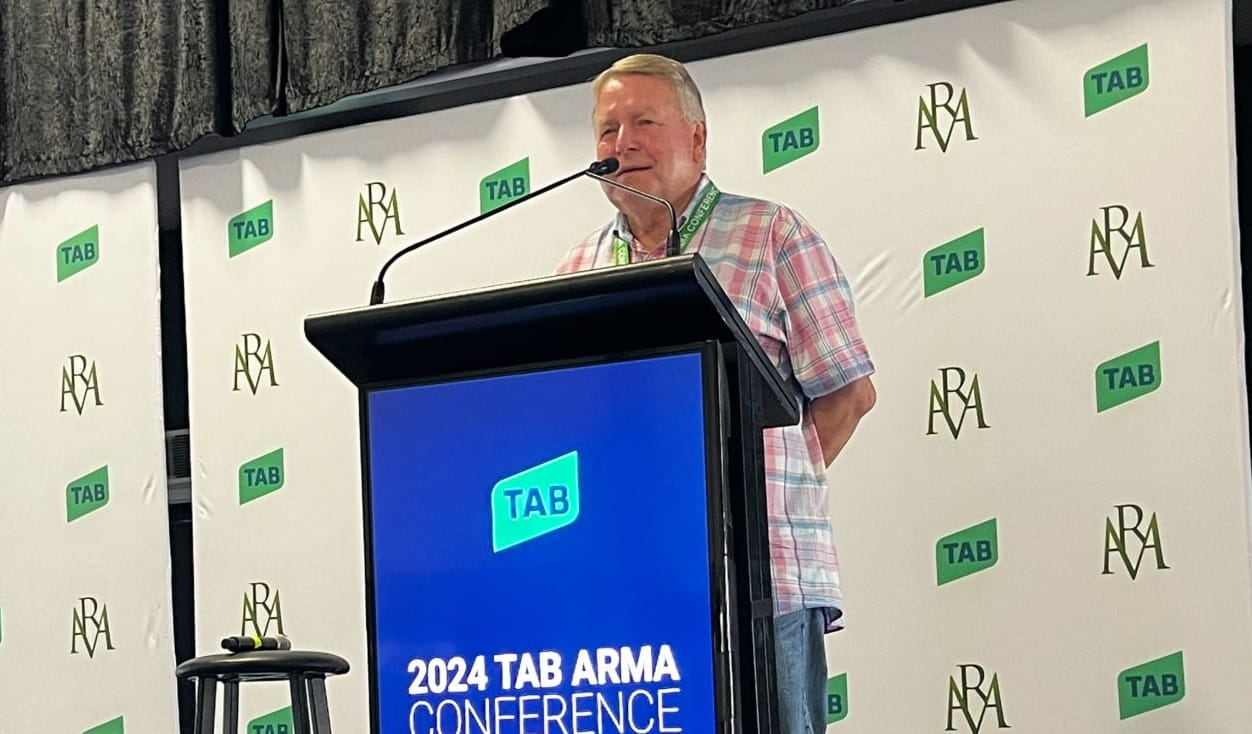
O’Keeffe says ensuring that tracks race evenly during the entirety of a meeting is one of the modern-day problems that racecourse managers have to deal with regularly.
“It’s always a challenge to basically have the track perfect for Race 1 but then also perfect for your last race which might be upwards of five hours later with 10-race programs,” he said.
“Probably the last five, six years we’ve really noticed with more racing and more data out there and more focus on tracks, it’s probably been a little more challenging to really nail it down.
“And that’s why we always try to work together to ensure that we’re sharing ideas and knowledge right across the industry not only to benefit racecourse managers but all the participants at the end of the day.”

